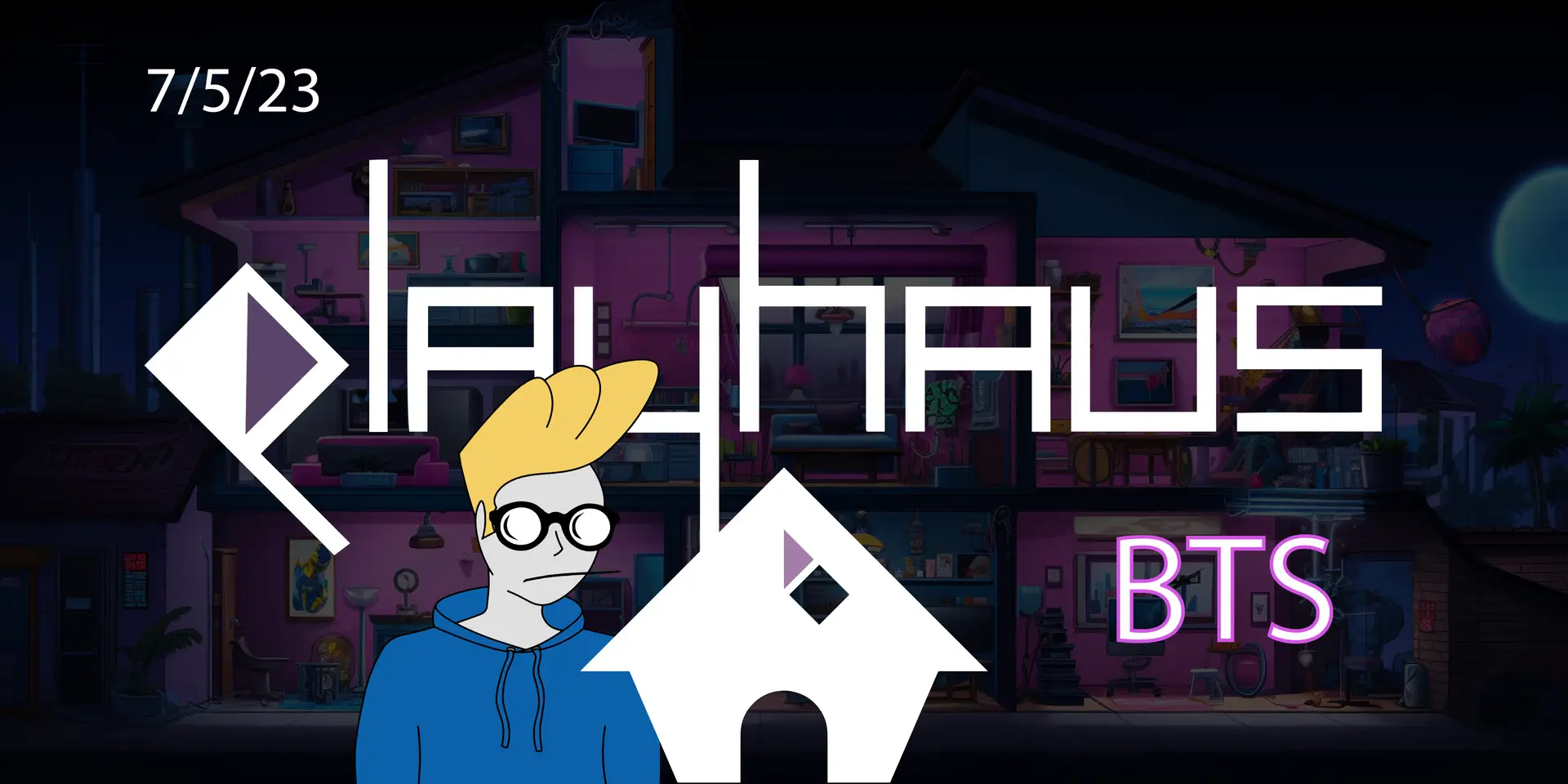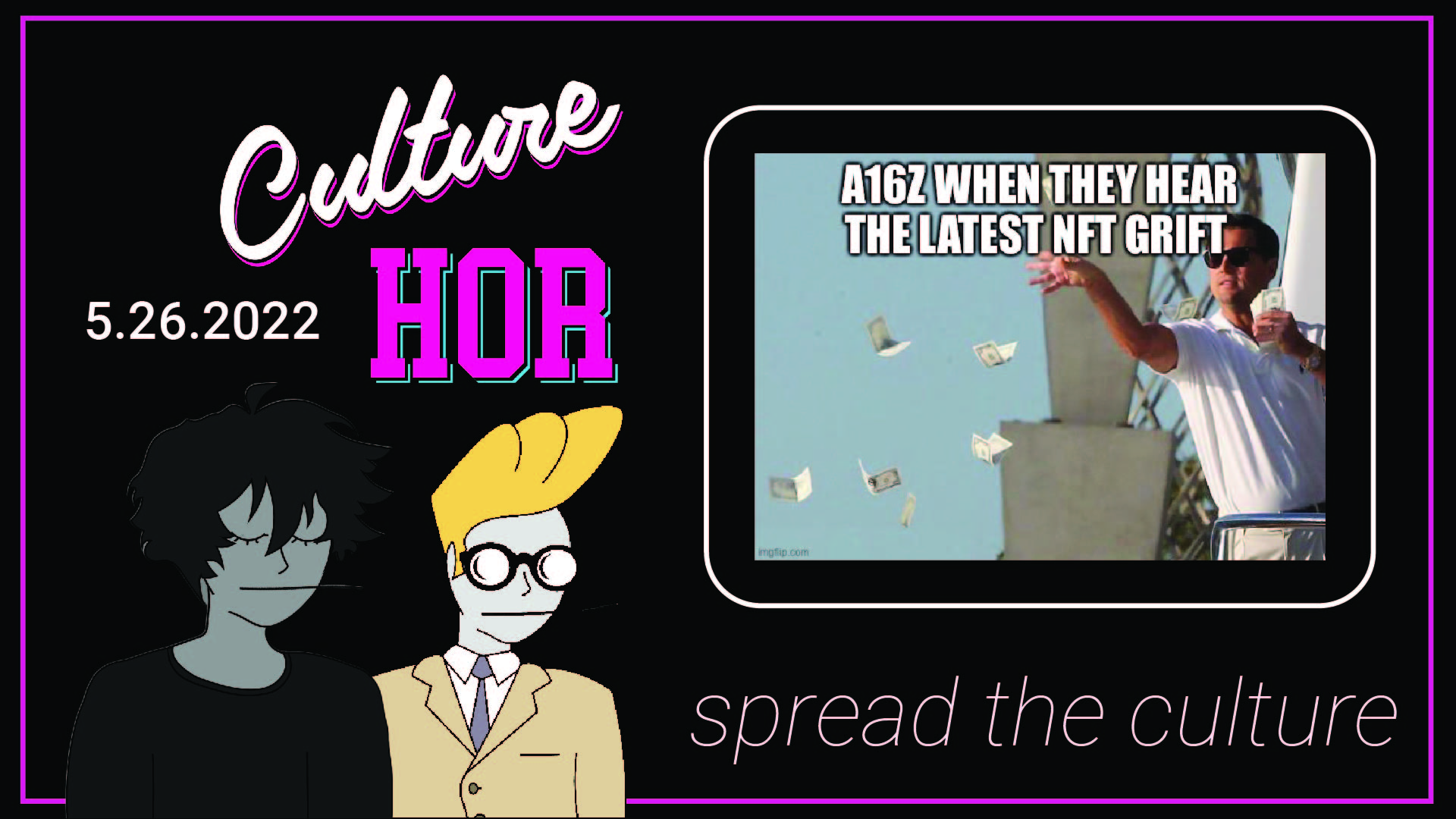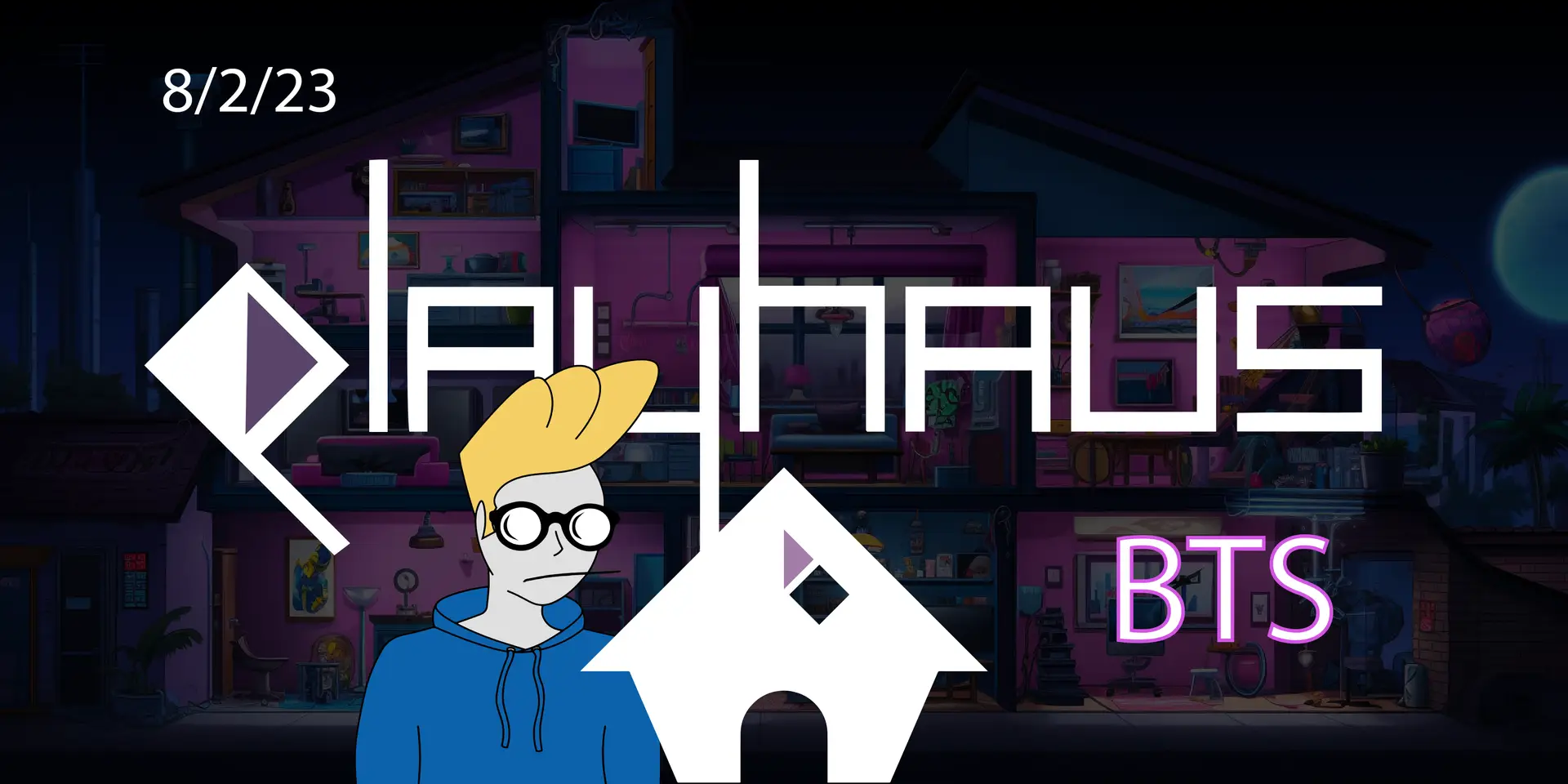The actual world being at war makes me feel a little silly writing about the theoretical future of a vague system of information, which is, in itself, already pretty theoretical. But the bills got to get paid, so here I am again, finding a way to tie my current crises into everything important on the Internet.
Chad & El Prof
Markets
(Price changes reflect past 24 hours as of 2.24.22 @ 4:20 PM EST.)
- According to this report, crypto adoption might be as high as 25% of consumers worldwide, meaning 1 in 4 guys in a bar will now try to drunkenly explain to you why they never cashed out their Dogecoin. Lovely.
- Bitcoin’s near an annual low, but its hashrate recently hit an all-time high, which means… honestly, I don’t know. I’d ask my crypto mining friend, but he’s busy with his Soundcloud emo trap career, so I’ll get back to y’all another time.
The Metaverse is a flat circle

Last weekend, I went to the Natural History Museum and beelined for the Origin of Man exhibit. Far be it from me to pass up an existential crisis just waiting to be had.
Apart from my Harry-Crane-esque awe at the handprints, much like my own, etched generations ago onto cave walls, I was most blown away by a Neanderthal grave site, 6000 years old now. It was not the first, nor, obviously, the last. But it stood out because, in addition to coals and bones, they found decomposed flowers there, too. So, for six millennia, we’ve gathered in groups around bright, warm light to protect ourselves from death and, when we can’t keep it out any longer, honor it with beauty.
For some reason, I was reminded of this when I came across two new wholesome web3 communities: Cyber Baat, a collective of African artists, and BFF, a celebrity-endorsed organization intended to explore monetization for women and non-binary people on the blockchain. Now, I’m not saying, like, web3 is a cave fire, death is having to log off and look critically at reality, and NFTs are funeral flowers, or something, because, obviously:

But collective action toward common good is beautiful, especially in the midst of historical pitfalls and minefields of mistakes yet to be made. These groups are finding the light in the dark, building on the basement stages of the web3 shitshow, in an attempt to turn it into something more than the virtual mob-run casino most progressives presume it will inevitably turn into. As pack animals do. If your group is headed toward the tar pits, get in front of them and chart a new course.
Cyber Baat expresses as much on their Mirror blog: ‘creatives of African descent have consistently been undervalued in the art world. This is why we will ensure history does not repeat itself in our corner of the crypto art world [and] we get our fair share of the crypto wealth pie.’ It’s refreshing to see a crypto organization uninterested in spouting the same buzzwords of transparency, immutability, and ownership. Cyber Baat doesn’t lay praises or pass judgement on web3. They simply recognize the direction society is headed in and refuse to be passed up by it again.
BFF, meanwhile, deploys the tried-and-true strategy of getting a bunch of famous / influential names behind a vague initiative and seeing what happens. Their intent is to pave the way for a more equal balance of voices in the web3 space — currently 81% male, according to a graphic prominently displayed on their home page. How they intend to do so is less clear. As of now, there’s a Discord, a short blurb titled ‘WTF is an NFT?’ and a newsletter promising educational content, with crypto rewards for participating.
If you just got crippling deja vu, you’re not alone. Yes, BFF has followed the Culture H0R playbook to a T, only they are also able to populate half their website with 50 photographs of somewhat recognizable faces to lend the project a little bit of the legendary social proof we so desperately covet. And, while they do seem to have a pretty healthy spread of diverse perspectives on board, they also have Gwyneth Paltrow and Randi Zuckerberg, which inspires at least a splash of existential dread.
Nevertheless, the point is: as ridiculous as some blockchain communities might be, there’s ample space for groups who are gathering for the right reasons. Not just for easy money or marginal social power, but to stay one step ahead of the future, in order to help those who’ve been left behind in the past.
Besides, doesn’t matter if you’re bought into a meta sham economy, bankrolling a not-at-all-meta environmental disaster waiting to happen, or huddled in a French cavern. History will always find someone to ridicule.

...no words

Someone once said pictures are worth a thousand words. Someone did not follow @sickid1. To be clear, I’m not saying this Instagram artist’s works — reminiscent of Beeple, Beavis & Butthead, or, perhaps, particularly inspired bar bathroom graffiti — are not worthy of the human race’s most valuable currency, words. I’m just saying I have none.
But @sickid1 — aka ‘slutty gordito💖🍥’ (the Internet still makes no sense to me) — gives us one better. These grotesque, surreal illustrations evoke not words, but feelings; ones I also have trouble putting into words. Sarcastic disdain for the banality of being. Cringing at a disgusting and accurate representation of our current affairs. Belly laughing at an adult animated cartoon airing on network television in a motel room.
Slutty gordito💖🍥 is one of those artists whose art evolves with their creative experiments and emotional experiences, a reflection of their timeless present state, buttressed against the myriad of scenarios and challenges life routinely throws at us. These are the ideal candidates to adapt their perspective to a new technological landscape, the least likely to interpret ‘NFT art’ as ‘spunk guzzling animal PFPs’ (well, maybe not least) and most likely to create something truly insightful and unique.
Currently, though, @sickid1 is as un-meta as they come, too busy painting the literal Los Angeles landscape — billboards, bridges, bus carts — with cultural commentary to bother with web3. When you’re ready to monetize your sick content, kid, UniPro eagerly awaits. In the meantime, we support your cultural endeavor all the more for it. The anons of IRL. Our fearless army of taggers. Shoutout Banksy, shoutout Siya.
Law of the Decentraland

To keep our streak of social proof alive, shoutout to another of our valued H0Rs, an old lax bro friend of mine from high school who’s currently crushing law school. On Tuesday, he threw this headline from Above the Law into the lion’s den for our patented shred-tearing hot takes.
The gist is, Arent Fox became the first ‘Biglaw’ firm to build in the Metaverse, recently purchasing some Decentraland to set up a not-so-literal shop soliciting web3 users with their legal services. As a growth hacker myself, in title and practice, I must say I’m impressed by the AF marketing team. It’s one of those brilliant 1:1 moves that couldn’t have been better aligned, given web3 users’ complex, highly regulated financial needs.
Of course, it is purely a marketing play, and acknowledged as such by the firm itself: ‘We want to show our clients we know this world; look, we bought in this world, and we can help them navigate this world.’ For lawyers, they’re surprisingly honest.
Despite the insane premium, there’s still no clear advantage to doing business in Decentraland, outside of seducing customers who believe in Decentraland by making them believe you do, too. And Arent Fox — a ‘white-shoe firm‘ according even to their Wikipedia page — perfectly fits the profile of prestigious but rapidly dated institutions making the Metaverse pivot in hopes of maintaining some modicum of relevancy.
Still, this is exactly what marketing textbooks are referring to when they tell you to establish your brand on channels where your target audience lives. Most degens are still plebs, so the brands planting their flag in the sand now might well get their business and loyalty in the long run, simply because they were there first. Worked for those WASP-y Mayflower mofos. Might as well work for their descendants, too.
At last, private docs Google can't read

Our business advisor and resident media mogul put a competitor to our UniPro product on my radar last night. Clearly, he knows as well as y’all that the quickest way to get our attention — and, by extension, free promotion — is to take one of our ideas to market first.
It’s called Skiff, a private and decentralized workspace, kind of like if Notion and Google Drive conceived a bastard child on the Ethereum blockchain. Like a new species arriving to take the Theory of Evolution for a test drive, they’re entering web3 and the creator economy with a thoroughly useful tool in tow. Skiff provides users with a clear document history and contribution log, both private and verifiable at the same time. So, basically, like a Pichai-peeping-proof Google Docs.
Project management tooling and collaborative content development are heavily saturated spaces, even with the trendy ‘own your own data‘ hook we bite every time. But providing audited tools secured by decentralized databases and end-to-end encryption gives Skiff an edge, as it’ll be more private, economical, and reliable than the existing server farms run by Google, Amazon, et al. In other words, there’s actual utility to it, which might attract at least a few of the users in the awkward limbo between those who’ll adopt it simply because there are a couple crypto bros on the board of advisors and those too turned off by web3 to use it at all.
I think the issues that will stem from this product revolve around creative rights granted to a creator’s off-hours work, and the existing intellectual property rights law, which work as a catch-all to ruthlessly scoop up creative assets if they become valuable, and, thus, within reach. That’s the dark triad risk player in me talking, though. Skiff honestly seems pretty cool, and we hope to provide this sort of tooling for our own UniPro writers as soon as possible.
See? Intellectual property theft can be a two-way street.
SLOPPY SECONDS
- Hey all you cool cats and degens, there’s a Carole Baskin altcoin now
- 2020s speak for the apocalypse: ‘a vibe shift is coming‘
- Minecraft is the only Metaverse we ever needed




